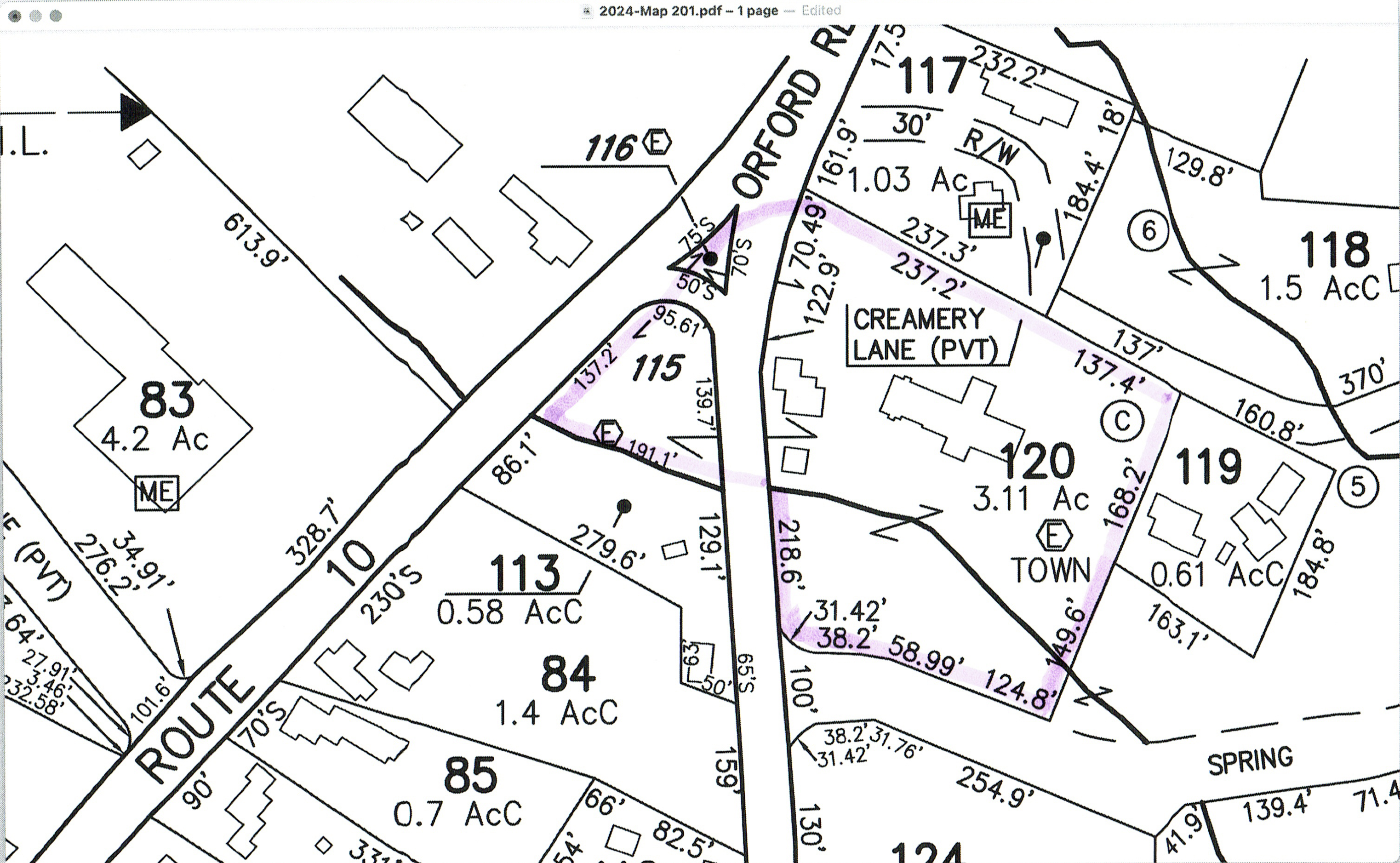On Tuesday morning, 30 September 2025 at 10:00am, the Lyme Select Board will hold two public hearings regarding Veteran's tax credits and the Town's Conflict of Interest policy. See the Agenda for details.
In addition, the Select Board has drafted a Refuse Control and Wildlife Protection ordinance and will ask for public comment on its wording. You can attend in person, by Zoom (see the link in the Agenda), or email comments to selectboard@lymenh.gov.
The draft ordinance follows. Note: This text was scanned from a paper document: any errors arise from the scanning process.
———
Town of Lyme, New Hampshire
Refuse Control and Wildlife Protection Ordinance
Draft – For Discussion Purposes Only
This ordinance is adopted to assist residents and guests in the Town of Lyme, New
Hampshire to coexist peacefully with wild animals in and around the Town. For the welfare
and safety of both wild animals and Town residents and guests, it is hereby enacted by the
Board of Selectmen that:
1. All domestic and commercial refuse containing food or otherwise likely to be
attractive to wild animals must be stored in one of the following:
a. A building, house, garage or other structure that is inaccessible to wild life;
b. A wildlife resistant container, such as a commercial dumpster secured with a
locking mechanism designed to prevent access by wildlife;
c. An appropriate container at a Town disposal site.
2. Any refuse that is put out for curbside pickup shall not be placed at the curb until 5
am or later on the day pickup is scheduled to occur.
The provisions of this ordinance shall apply to all persons and businesses located within
the Town of Lyme except those licensed by the State of New Hampshire, Department of
Fish and Game.
Any person who knowingly violates the provisions of this ordinance shall be guilty of a
violation and subject to a fine of not more that [$250].
A person may choose to pay a civil forfeiture of $25.00 to the Town Clerk/Tax Collector
within 48 hours of the issuance of a notice of violation and shall thereby waive the right to
be heard in district court and shall not be prosecuted for the noticed offense. For each and
any subsequent offense by the same person or business, the amount of civil forfeiture shall
be increased to $50.00. Notwithstanding the foregoing, civil forfeiture shall be unavailable
for the balance of any year in which a person or business has more than three violations of
this ordinance; rather, any such case shall be disposed of by district court proceedings and
fines as set forth above.
This ordinance shall take effect on [January 1, 2026].



